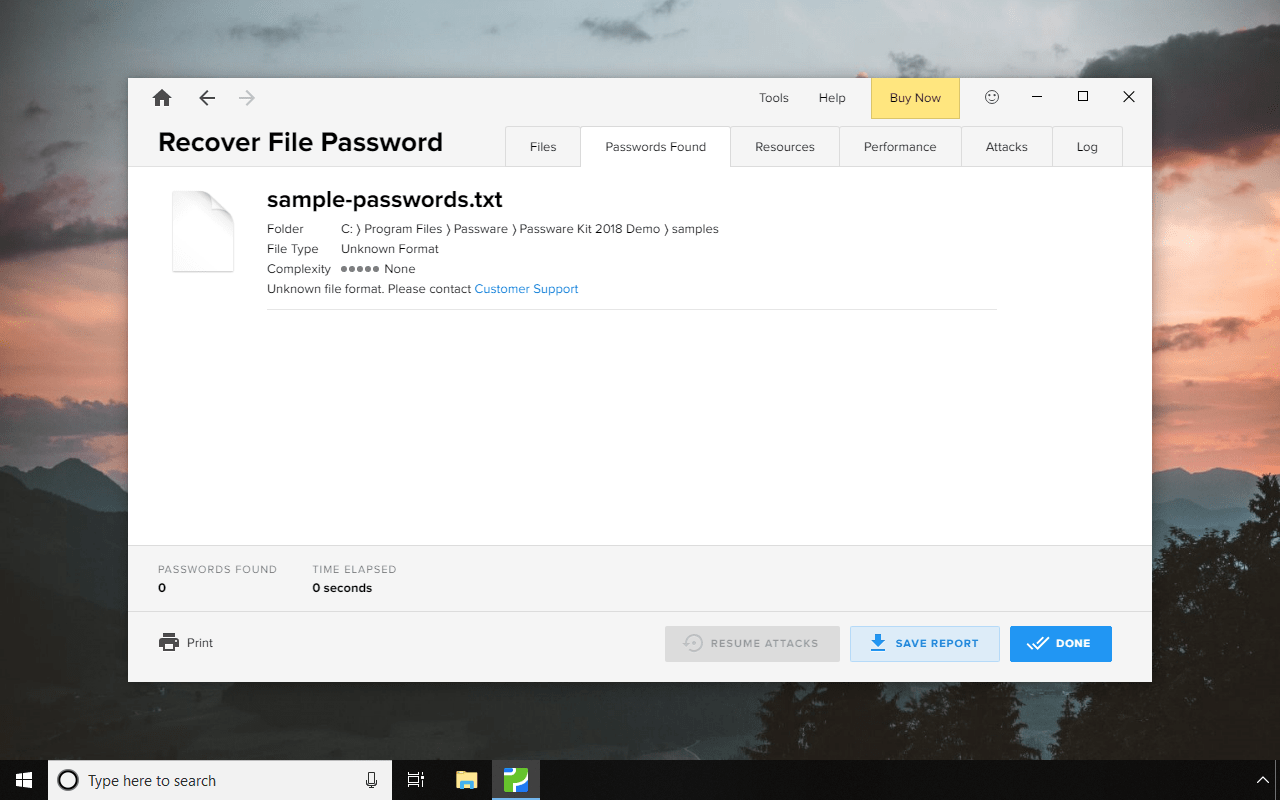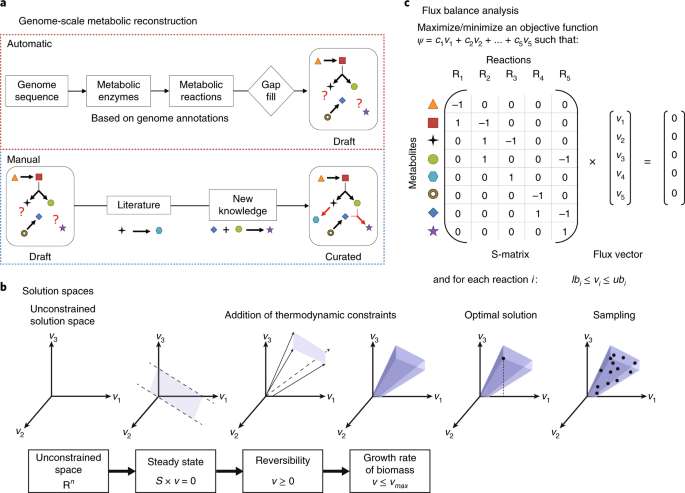

"timestamp" : ISO8601, // the time the promotion command was received by Artifactory (It needs to be unique),

"ciUser": "builder", // The user that invoked promotion from the CI server "comment" : "Tested on all target platforms.", // An optional comment describing the reason for promotion. "status": "staged", // new build status (any string) "buildAgent" : Produces: application/json (application/ .BuildInfo+json) Sample Output: "type" : "MAVEN", // Build type (values currently supported: MAVEN, GRADLE, ANT, IVY and GENERIC) + "name" : "My-build-name", // Build name + "version" : "1.0.1", // Build Info schema version The "buildInfo.env." prefix is added to environment variables and build related properties.įor system variables there's no prefix. * Environment variables and properties collected from the CI server. Usage: PUT /api/build?project= -H "Content-Type: application/json" -upload-file build.json Consumes: application/json (application/ .BuildsByName+json) Example: curl -X PUT " -H "Content-Type: application/json" -upload-file build.json Sample format:
PASSWARE KIT PROFESSIONAL 2015 V.3 PASSWORD
To deploy the file using your username and password for authentication, you would use the following command: Where possible, the same example is demonstrated using JFrog CLI.You have configured a user in Artifactory named 'myUser', with password 'myP455w0rd!', and this user has permissions to deploy artifacts.You wish to deploy the artifact into the ' my-repository' repository, under the ' my/new/artifact/directory/' folder structure, and wish to store the file there as ' file.txt'.You have Artifactory running on your local system, on port 8081.You wish to deploy the file ' myNewFile.txt', which is located in your Desktop directory, (' ~/Desktop/myNewFile.txt').You are using cURL from the unix command line, and are presently working from the home (~) directory of the user ' myUser'.
PASSWARE KIT PROFESSIONAL 2015 V.3 HOW TO
The example below demonstrates how to invoke the Deploy Artifact REST API. # Using your Artifactory server hostname and port For more information, see Artifactory YAML Configuration Base URL Run single or multiple configuration changes as needed, to create, update, and delete any elements in Artifactory. Updating Artifactory System Configuration FilesĪrtifactory provides a flexible way to configure an existing Artifactory instance using a simple YAML configuration file. Please note that several of the functions available through the REST API are also available through JFrog CLI and you should consider which method best meets your needs.įor more details on download, installation and usage of JFrog CLI, please refer to the As a wrapper to the REST API, it offers a way to simplify automation scripts making them more readable and easier to maintain, features such as parallel uploads and downloads, checksum optimization and wildcards/regular expressions make your scripts more efficient and reliable. JFrog CLI is a compact and smart client that provides a simple interface to automate access to Artifactory. If generated on a previous version, you must regenerate your API key and use the new key as a password for basic authentication. To use your API key for Basic Authentication, it must be generated using Artifactory 4.4.3 or later.


 0 kommentar(er)
0 kommentar(er)
